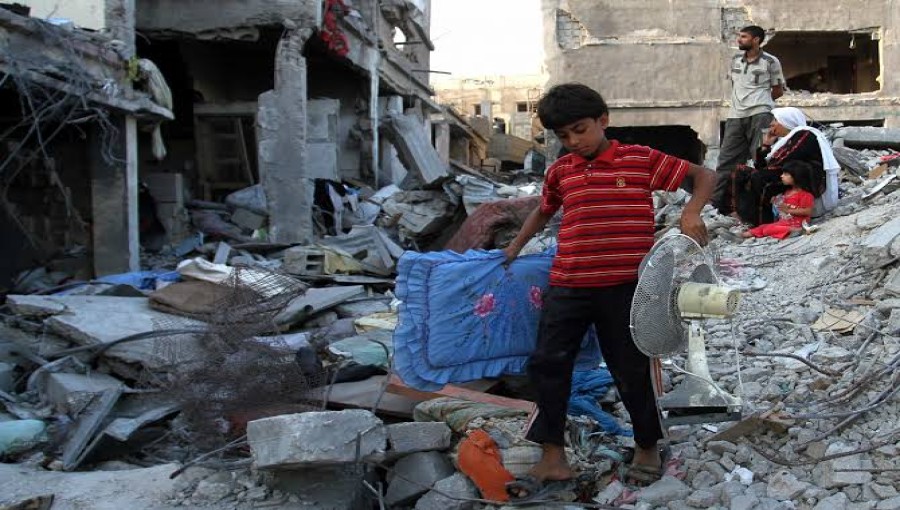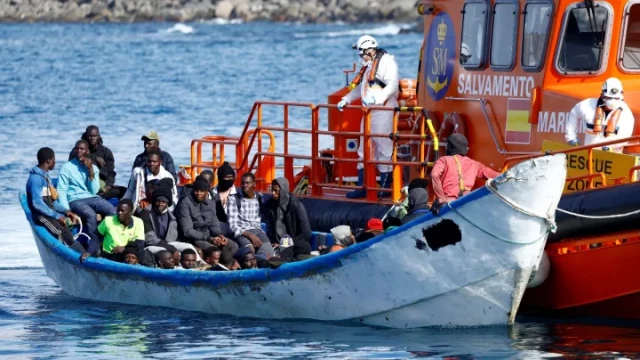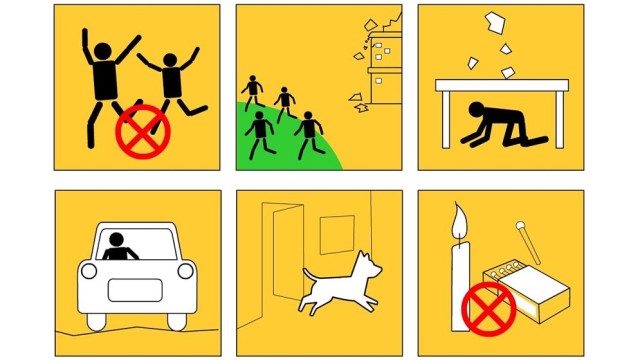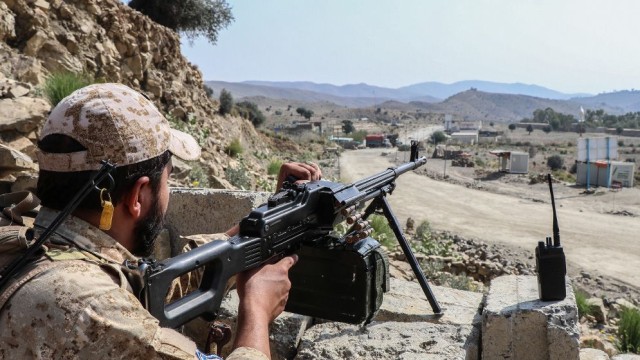The Gaza Strip remains a landscape of despair as Palestinians, desperate to return home from sheltered areas, confront the devastation wrought by relentless Israeli attacks. Returning to find their homes reduced to rubble, they grapple with profound anguish and uncertainty about their future.
For two hundred consecutive days, the people of Gaza have endured unimaginable suffering, grappling with hunger, thirst, and the constant fear of death. Dreams and memories lie shattered amidst the ruins of their once vibrant communities, leaving them mentally shattered and emotionally drained.
"I was forced to leave everything behind when my house was bombed," lamented one resident. "I hoped to return once the military campaign ended, only to find my entire neighborhood destroyed. We are left with nothing but uncertainty and despair."
The situation is particularly dire in northern Gaza, where the specter of famine looms large. Despite efforts by volunteers to provide food aid, resources remain woefully inadequate, leaving many to go hungry. Children are dying of starvation, hospitals lack basic necessities, and the most vulnerable are left exposed to the elements without shelter or sustenance.
Amidst this humanitarian crisis, calls for urgent assistance have grown louder. The United Nations has urged for increased aid to Gaza, emphasizing the need for swift action to alleviate famine and prevent further loss of life. The US has responded by establishing temporary ports off the coast of Gaza to facilitate the delivery of aid, but challenges persist in reaching those in dire need.
As the suffering in Gaza continues unabated, questions linger about the international community's response to this protracted crisis. For the Palestinians of Gaza, each passing day brings renewed hardship and despair, underscoring the urgent need for concerted action to address their plight and rebuild shattered lives.
End/v7n/aj/dk































Comment: